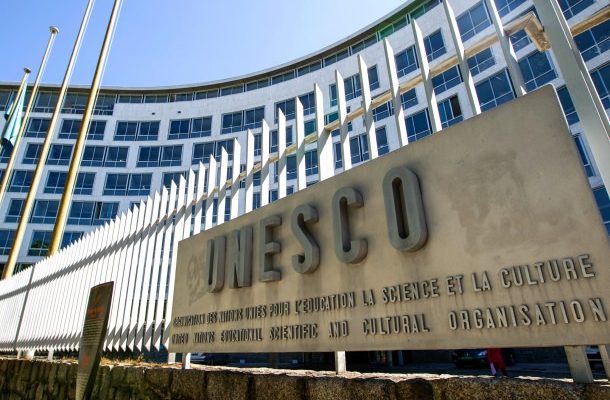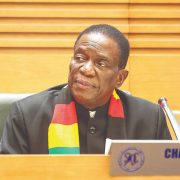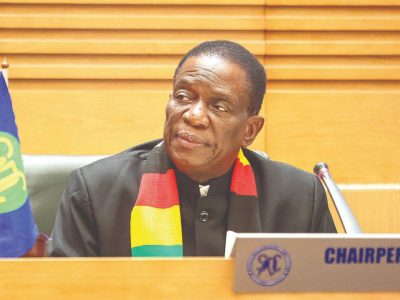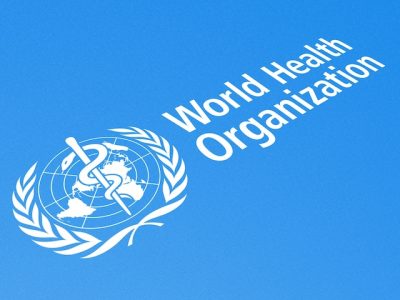UNESCO held the “Internet for Trust” conference in Paris to discuss a draft of global guidelines for regulating digital platforms, improve the reliability of information and protect freedom of expression and human rights.
The conference ran from 21 to 23 February and brought together 4,300 participants in person and online.
In attendance where various stakeholders including governments, independent regulators, digital companies, academia, the technical community and civil society.
Among the issues raised were how to make platforms more transparent and have content governance policies and practices consistent with human rights standards; striking a balance between AI and human moderation; fostering greater engagement by civil society, youth, influencers and other actors in shaping an internet of trust.
UNESCO’s Director-General Audrey Azoulay underlined the urgent need for common global guidelines to improve the reliability of information while protecting human rights.
“The blurring of boundaries between true and false, the highly-organized denial of scientific facts, the amplification of disinformation and conspiracies – these did not originate on social networks. But, in the absence of regulation, they flourish there much better than the truth. Only by taking the full measure of this technological revolution can we ensure it does not sacrifice human rights, freedom of expression and democracy,’ she said.
Novel Peace prize-winning journalist Marie Ressa cautioned that tolerance to social media algorithms which rewards lies, will affect future generations who will inherit a world in which truth has been dangerously devalued. “Without facts, you can’t have truth, without truth, you can’t have trust, and we have no shared reality”.
Issues of misinformation spreading online was received well by various stakeholders, who agreed to further the discussions especially with actors from the Global South.
According to UNESCO, points of reflection arising from the various panel discussions and comments from the audience in presence and online, during the conference will be analyzed in the coming months and UNESCO will continue to receive comments on the guidelines until March 8.
Contributions can be submitted through UNESCO online commenting platform.
A new draft is expected to be available by end of March 2023.









Comments